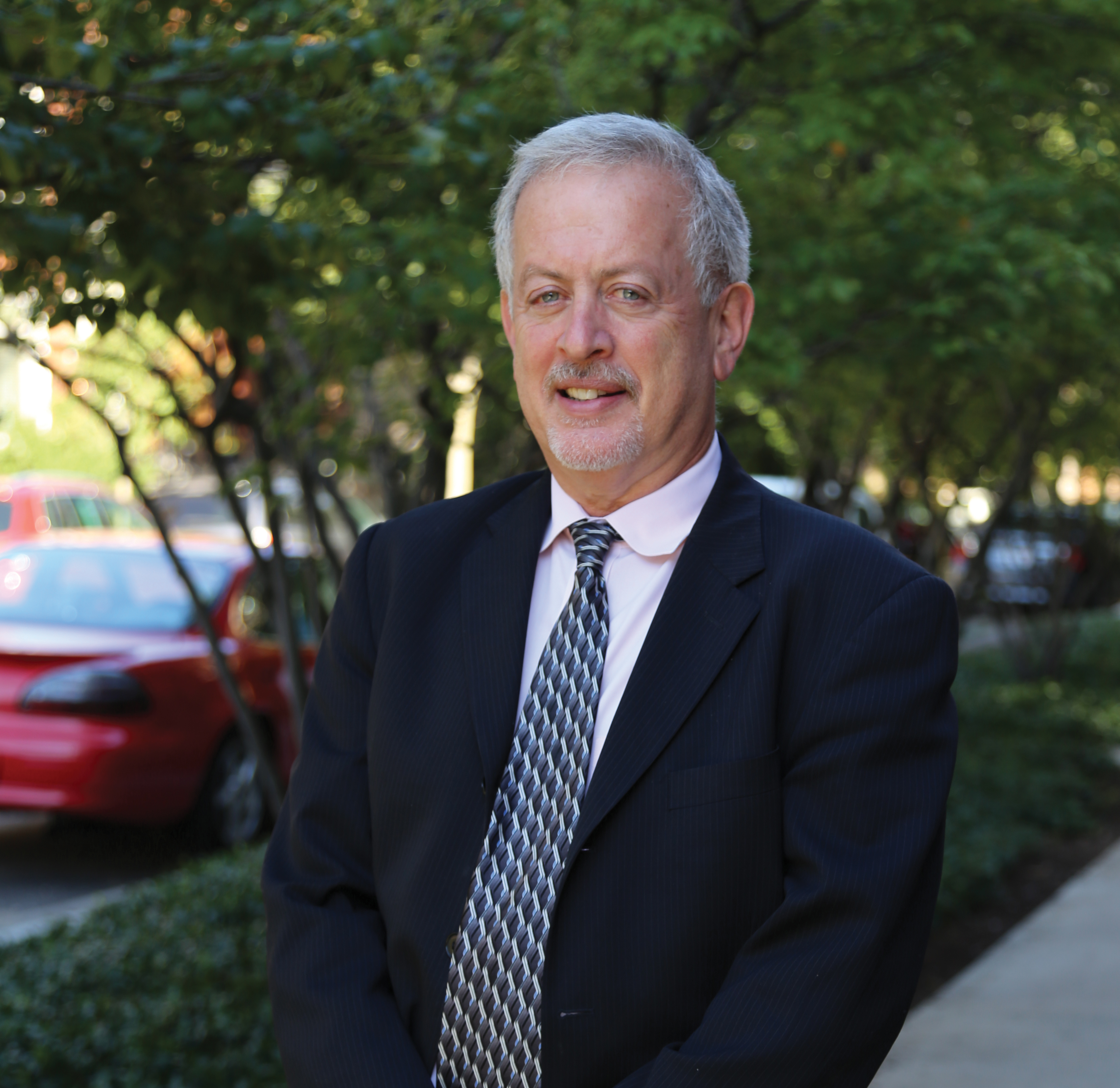
As 2017 continues to unfold, it is clear that the effects of the current sociopolitical climate have taken a toll on America’s educators. In the midst of mounting concerns over the impending changes facing the field of education, one thing is certain: the role of teachers and counselors in the lives of the country’s most vulnerable students is more critical than ever. Nationwide, schools are reporting an increase in harassment, bullying and anxiety among students. Our faculty and students are dismayed by recent developments in education policy, and I share their concerns. These times call to mind the Vincentian question: What must be done?
The guidance and support of our pre-and in-service educators is crucial for sustaining the work of educating and caring for the social, emotional and behavioral needs of our students. We at the College of Education are committed to supporting our students, and I have been meeting with faculty, staff and students to learn how to better address these issues both in and out of the classroom.
Our faculty and staff are cognizant of the needs of students and trained to offer guidance and direct resources to those struggling academically, financially and emotionally. Remaining mindful of the emotional state of students in addition to their intellectual progress is imperative to ensuring their healthy development.
In the college, our faculty are performing research to learn more about the best practices and methods for identifying student issues. In addition, through our Education and Counseling Center and Office of Innovative Professional Learning, the college provides professional development to alumni, in-service educators and community members to ensure their continued effectiveness in the classroom.
Needless to say, the current climate is also affecting our educators and leaders. Greater demands are being placed upon educators and counselors at a time when resources are most scarce. Times are incredibly challenging, but I have hope.
In the wake of uncertainty, the passion, dedication and enthusiasm of teachers and counselors has been remarkable. Community members have become newfound activists to support students, families and schools. The welfare of children and adolescents transcends political divisions, and those who lend their voice to the voiceless inspire me. Now is the time to become involved and to work together to support not only the nation’s students, but also those caretakers in the classrooms and counseling offices who help children overcome obstacles and achieve. I invite you all to join me in responding to the call, to do what must be done for our students.